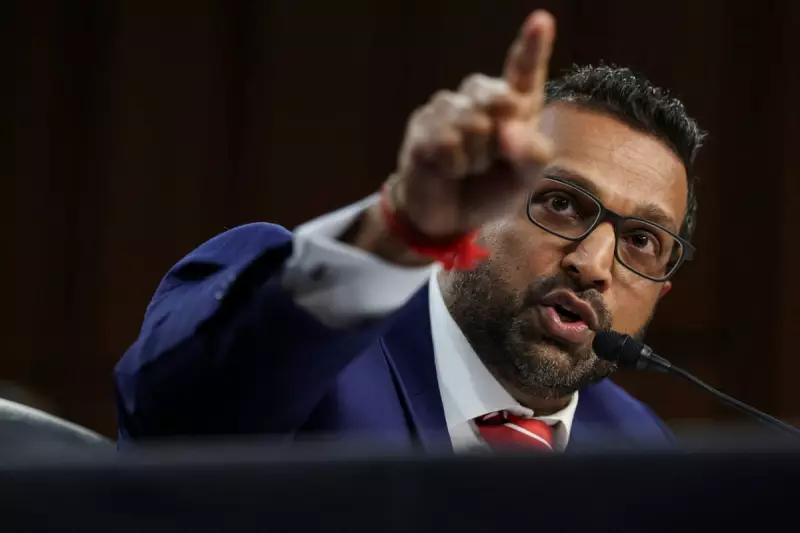
The Federal Bureau of Investigation is facing significant criticism following revelations about a controversial extremism training session that featured Kash Patel, a prominent ally of former President Donald Trump. The training has sparked concerns about political bias infiltrating the nation's top law enforcement agency.
Questionable Partnerships Raise Eyebrows
According to internal documents and sources, the FBI collaborated with organisations including the Southern Poverty Law Center (SPLC) and Anti-Defamation League (ADL) for the training programme. However, the inclusion of Patel – known for his inflammatory rhetoric and deep connections to Trump's inner circle – has created a firestorm of controversy.
Who is Kash Patel?
Kash Patel served in key national security roles during the Trump administration and has remained a vocal supporter of the former president. His involvement in FBI training sessions has raised serious questions about the agency's impartiality and judgement.
Critics argue that Patel's participation undermines the FBI's credibility in addressing domestic extremism, particularly given his history of making contentious statements about political opponents and government institutions.
Growing Concerns About Political Influence
The training session comes at a sensitive time for the FBI, which has faced increasing scrutiny over its handling of politically charged investigations. Civil liberties groups and political analysts have expressed alarm about the potential normalization of extreme viewpoints within law enforcement training programmes.
Several current and former FBI officials have reportedly voiced concerns internally about the direction of certain training initiatives and the selection of external contributors.
Response from Civil Rights Organisations
The SPLC and ADL have found themselves in an awkward position, collaborating with an agency that simultaneously included controversial figures like Patel in its programmes. Both organisations have long tracked extremist groups and provided educational resources to law enforcement.
This development highlights the complex challenges facing government agencies as they navigate political polarization while attempting to maintain professional standards in their training protocols.
Broader Implications for Law Enforcement
The controversy extends beyond this single training session, touching on broader issues of:
- Political influence in federal law enforcement
- The definition and identification of extremism
- Maintaining institutional neutrality in polarized times
- Standards for external contributors to government training
As the FBI continues its crucial work combating domestic threats, this incident underscores the delicate balance required in designing training that remains both effective and impartial.





